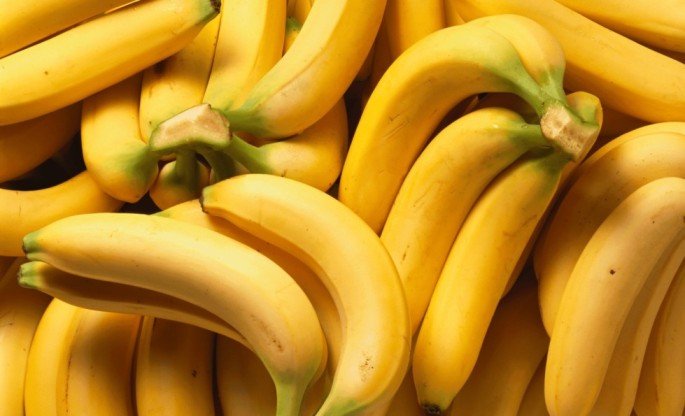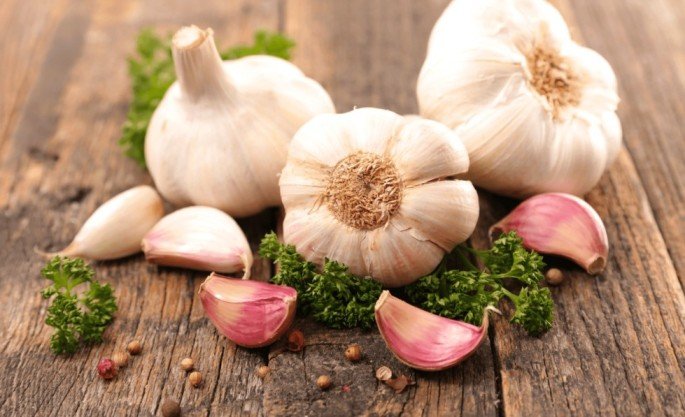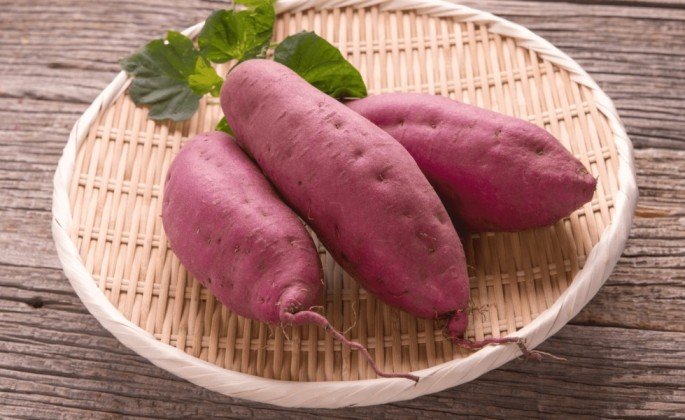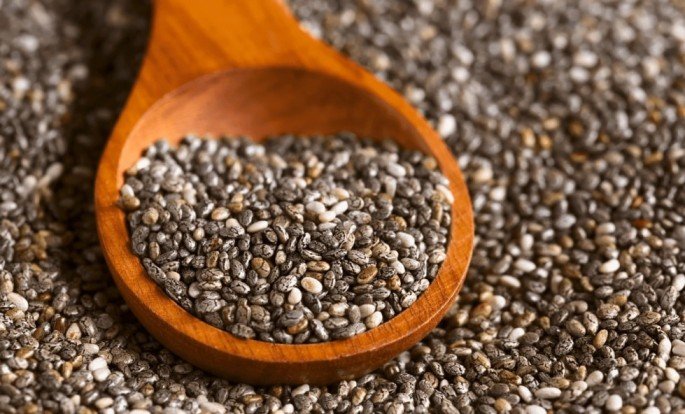Boost Your Gut Health With These 5 SUPERFOODS

“Superfoods” is a term commonly used to refer to foods that are rich in nutrients and believed to confer health benefits due to their high levels of vitamins, minerals, antioxidants, and other beneficial compounds.
Yogurt & Fermented Foods

Protein is vital for repairing and building muscles. Greek yogurt, specifically, boasts higher protein content than regular yogurt, making it a suitable choice for athletes seeking to support muscle recovery. Yogurt contains probiotics, beneficial bacteria that foster a healthy gut microbiome. Maintaining a balanced gut microbiota is crucial for optimal digestion and nutrient absorption. It is a reliable source of calcium, essential for maintaining robust bones and preventing injuries, especially in impact sports.
While not as rich in carbohydrates as some other foods, yogurt provides a quick energy source due to its natural sugars (lactose). It is a versatile food easily incorporated into various meals and snacks, whether consumed on its own, mixed with fruits, added to smoothies, or used as a base for sauces and dressings.
Examples: Yogurt, kefir, sauerkraut, kimchi, miso, and kombucha.
Bananas

- Bananas offer easily digestible carbohydrates, providing a swift and accessible energy source. Ideal as a pre-workout snack or for replenishing glycogen stores post-exercise.
- They are rich in potassium, an electrolyte crucial for maintaining fluid balance, muscle contractions, and nerve signals.
- Vitamins and Minerals: Bananas contain B vitamins, magnesium, and Vitamin C important for protein metabolism, muscle function, and recovery.
- Fiber: The fiber aids digestion and helps regulate bowel movements, contributing to overall gut health.
- Convenience: Portable and requiring no preparation, bananas are a convenient and easily accessible snack for athletes.
- How to use: Eat them on their own, add to smoothies, or use as a topping for yogurt.
Garlic

- Powerful Antioxidant Properties: Allicin, formed when garlic is crushed or chopped, is known for its potent antioxidant properties, combating oxidative stress and protecting cells from free radicals.
- Anti-Inflammatory Effects: Garlic contains anti-inflammatory compounds that may reduce inflammation in the body, promoting overall health.
- Heart Health: Garlic has been linked to cardiovascular health benefits, potentially lowering blood pressure and reducing cholesterol levels.
- Immune System Support: Known for its immune-enhancing properties, garlic may aid the body in fighting off infections and illnesses.
- Aids Digestion: Traditionally used to support digestion, garlic may promote a healthy gut.
- How to use: Add minced garlic to your dishes or consume it raw for maximum benefits.
Sweet Potatos

- Rich in Nutrients: High in vitamin A, essential for vision, immune function, and skin health, sweet potatoes also provide vitamin C, B vitamins, and minerals like manganese and potassium.
- Antioxidant Properties: The orange color indicates betacarotene, a powerful antioxidant protecting cells from free radical damage, with beta-carotene converting to vitamin A in the body.
- Anti-Inflammatory Benefits: Purple-fleshed sweet potatoes contain anthocyanins, with anti-inflammatory properties contributing to overall health.
- Weight Management: The fiber content promotes a feeling of fullness, potentially aiding in weight management.
- Gut Health: Sweet potatoes’ fiber supports digestive health by promoting regular bowel movements and fostering a healthy gut microbiome.
- How to use: Roast, mash, or use sweet potatoes in soups and stews.
Chia Seeds

- Rich in Nutrients: Chia seeds are an excellent plant-based source of alpha-linolenic acid (ALA), an omega-3 fatty acid important for heart health, with high soluble and insoluble fiber promoting digestive health and a feeling of fullness.
- High Antioxidant Content: Chia seeds contain antioxidants like quercetin and kaempferol, combating oxidative stress and inflammation in the body.
- Hydration and Electrolyte Balance: Chia seeds can absorb up to 10-12 times their weight in water, forming a gel-like consistency.
- Blood Sugar Regulation: The high fiber content may contribute to stabilizing blood sugar levels and improving insulin sensitivity.
- Bone Health: Chia seeds provide a good source of calcium and phosphorus, essential for maintaining strong and healthy bones.
- How to use: Mix chia seeds into yogurt, puddings, or incorporate them into smoothies or with plain water.
Conclusion
- Rome wasn’t built in a Day. Certain superfoods, especially those high in fiber, may cause digestive discomfort if introduced too quickly. Gradually increase your intake to allow your digestive system to adjust.
- Stay hydrated, as proper hydration is crucial for gut health, impacting your performance.
- To consult with a Dietitian to tailor your diet to your specific needs and training regimen.
- If you are pregnant, nursing, or have specific medical conditions, seek guidance from a healthcare professional or registered dietitian before making significant dietary changes.
- It’s generally preferable to obtain nutrients from whole foods rather than relying solely on supplements.
- Even healthy foods should be consumed in moderation. Excessive intake of certain nutrients or compounds may have unintended effects.
- For tailored nutrition plans, click on the explore button below.
